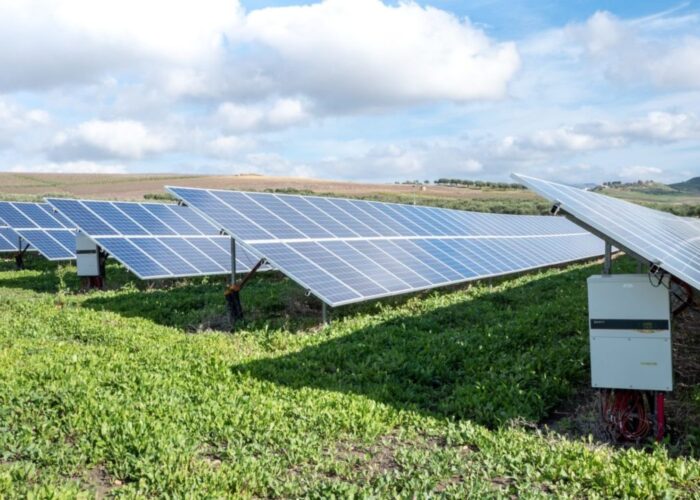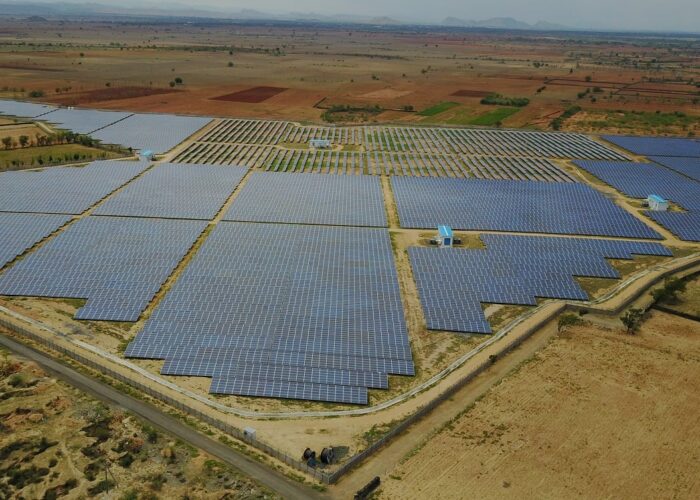Indian renewable energy firm, Tata Power Solar, a subsidiary of Tata Power, has commissioned the largest Indian solar project under local content requirements so far in Anantapur, Andhra Pradesh.
The 100MW solar project has been developed for India’s largest utility NTPC, under the Domestic Content Requirement (DCR), a policy reserved for some central government solar tenders that requires solar modules and cells to be procured from domestic manufacturers.
Unlock unlimited access for 12 whole months of distinctive global analysis
Photovoltaics International is now included.
- Regular insight and analysis of the industry’s biggest developments
- In-depth interviews with the industry’s leading figures
- Unlimited digital access to the PV Tech Power journal catalogue
- Unlimited digital access to the Photovoltaics International journal catalogue
- Access to more than 1,000 technical papers
- Discounts on Solar Media’s portfolio of events, in-person and virtual
Tata delivered the project three months ahead of schedule according to a company statement. It is located on a 202-hectare site and has created 50 jobs for local people.
Ashish Khanna, executive director and chief executive of Tata Power Solar, said: “Today, pace of delivery and quality have become crucial benchmarks in the industry and we are especially proud to have delivered a project of this scale in record time. By bringing together our core strengths in domestic manufacturing and EPC services over the last 25 years, this 100MW plant is the largest project commissioned by us to date.”
Tata Power Solar has commissioned over 250MW of ground-mount utility-scale projects across India and delivered a 50MW project using domestically made cells and modules in Rajgarh, Madhya Pradesh in 2014.
India’s DCR policy has come under attack after the US took India to the World Trade Organisation (WTO) claiming that the policy breaches international trade rules. The WTO ruled in favour of the US, but India has been able to continue its DCR tenders during the appeal stage. Some commentators have said the DCR is flawed and India can use other means to advance its domestic manufacturing under the ‘Make in India’ programme.







